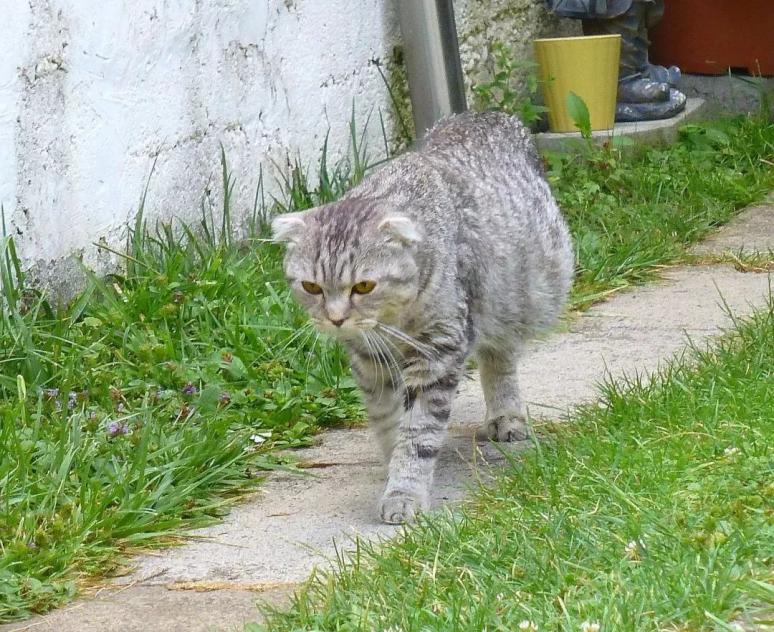Feline infectious peritonitis (FIP) is a fatal disease caused by feline coronavirus (FCoV). Infectious peritonitis is a challenging disease for felines, not least because there is currently no cure for it. If not treated, cats infected with the virus will have ascites, loss of appetite, and even risk of paralysis and death within the water week. However, recent research has shown a potential treatment approach using GS441524.
GS441524 is a nucleoside analog that was originally investigated as an antiviral agent for human coronavirus infection. However, later experiments found that GS441524 also had an inhibitory effect on feline coronavirus. This study shows that GS441524 can reduce the symptoms of feline infectious peritonitis and prolong the survival of cats by inhibiting viral replication.
The use of GS441524 requires the guidance and monitoring of a veterinarian. Typically, GS441524 is given to cats by injection. The dose and treatment plan will be determined according to the condition of the cat, and the veterinarian will adjust it according to the condition and the weight of the cat.
Although GS441524 has shown potential for the treatment of feline infectious peritonitis, it is important to note that it is not a complete cure. Feline infectious peritonitis is usually a fatal disease, and the cat’s survival may be prolonged, but ultimately irreversible damage cannot be avoided.
In addition to GS441524, there are several other treatments that have been used in the management of feline infectious peritonitis. These include symptomatic treatment, providing supportive care, and improving immune system function in affected cats. Symptomatic treatment may include controlling fever, giving fluid support, and providing food with high nutritional value. In addition, some studies are exploring the potential of using immunomodulators and other antiviral drugs.
Although there is currently no fully effective treatment to cure feline infectious peritonitis, the emergence of GS441524 provides a new treatment option for affected cats. However, it needs to be emphasized that a veterinarian should be consulted before using GS441524 or other treatments, and their guidance and recommendations should be followed.
In addition, preventive measures are also very important to reduce the spread of feline infectious peritonitis. Feline infectious peritonitis is mainly transmitted through feces and nasal and oral secretions, so practicing good hygiene, regular disinfection and avoiding overcrowded cat environments can reduce the risk of infection.

In conclusion, GS441524 offers new hope as a potential treatment for feline infectious peritonitis. Although it won’t completely cure this deadly disease, it can reduce symptoms and prolong the lifespan of afflicted cats. Future studies may provide further insight into the efficacy of GS441524 and explore the potential of other therapeutic approaches to improve the management of feline infectious peritonitis.